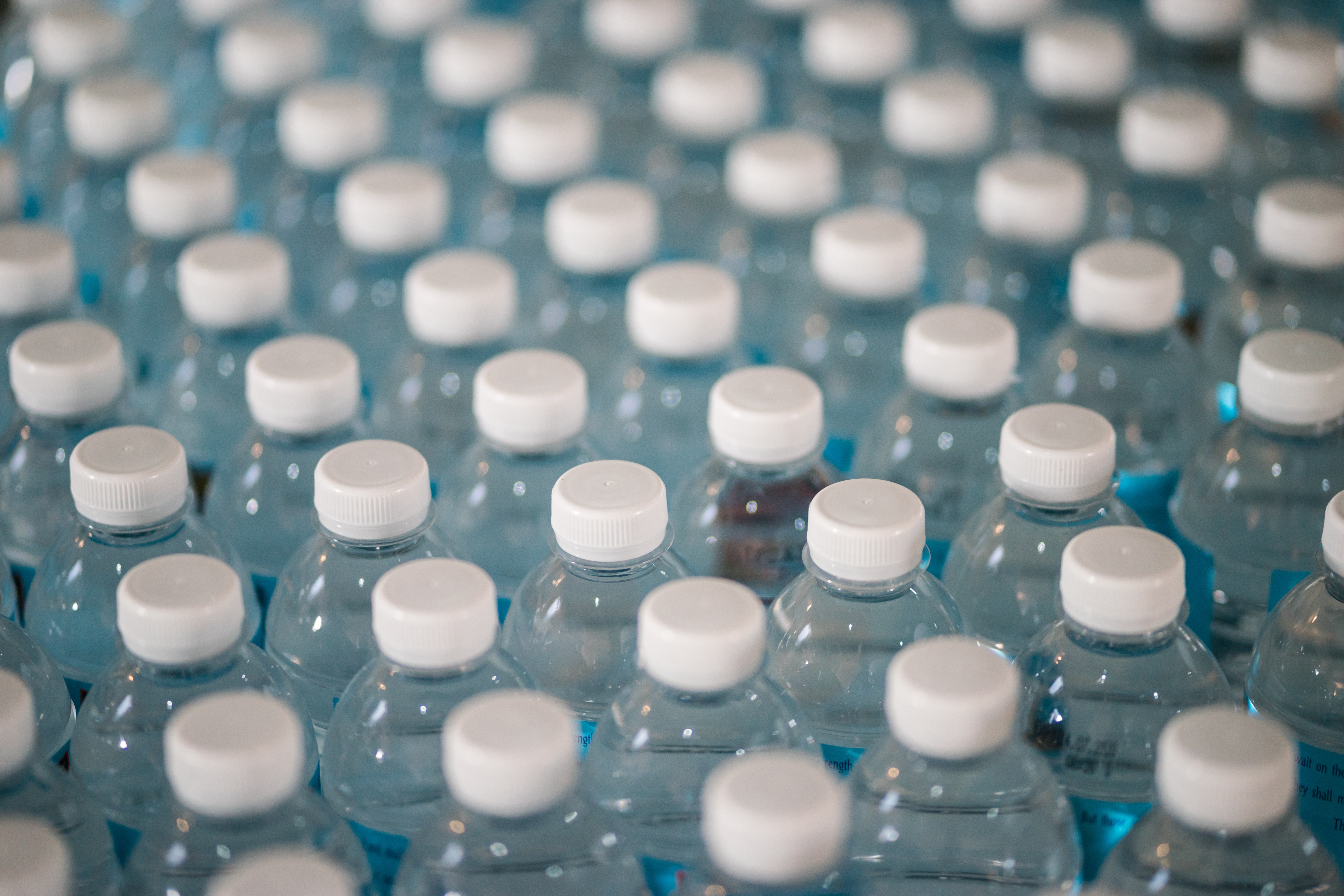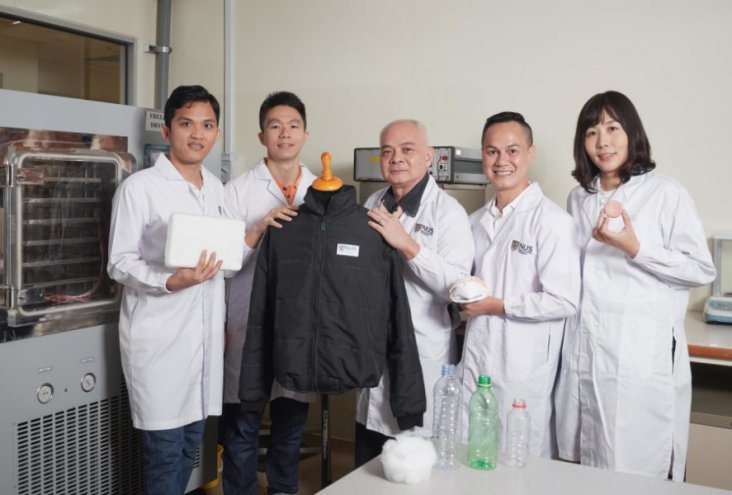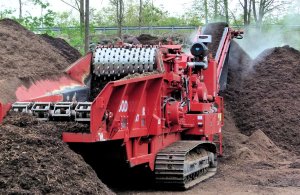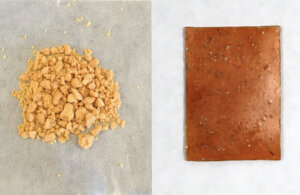Credit: National University of Singapore
A team led by researchers from the National University of Singapore has found a way to turn plastic bottle waste into ultralight polyethylene terephthalate (PET) aerogels that are suitable for various applications, including heat insulation and carbon dioxide absorption, states an article on Sciencedaily.com.
The PET aerogels developed by the NUS-led research team are soft, flexible, durable, extremely light and easy to handle. They also demonstrate superior thermal insulation and strong absorption capacity. These properties make them attractive for a wide range of applications, such as for heat and sound insulation in buildings, oil spill cleaning, and also as a lightweight lining for firefighter coats and carbon dioxide absorption masks that could be used during fire rescue operations and fire escape.
"Our PET aerogels are very versatile. We can give them different surface treatments to customise them for different applications. For instance, when incorporated with various methyl groups, the PET aerogels can absorb large amounts of oil very quickly. Based on our experiments, they perform up to seven times better than existing commercial sorbents, and are highly suitable for oil spill cleaning," added Prof Nhan.
Another novel application is to harness the heat insulation property of the PET aerogels for fire safety applications. Existing firefighter coats are bulky and they are often used with other breathing and safety equipment. This could take a toll on firefighters, especially during extended operations. When coated with fire retardant chemicals, the novel lightweight PET aerogel demonstrates superior thermal resistance and stability. It can withstand temperatures of up to 620 degree Celsius -- this is seven times higher than the thermal lining used in conventional firefighter coats, but weighs only about 10 per cent of the weight of conventional thermal lining. The soft and flexible nature of the PET aerogel also provides greater comfort.









